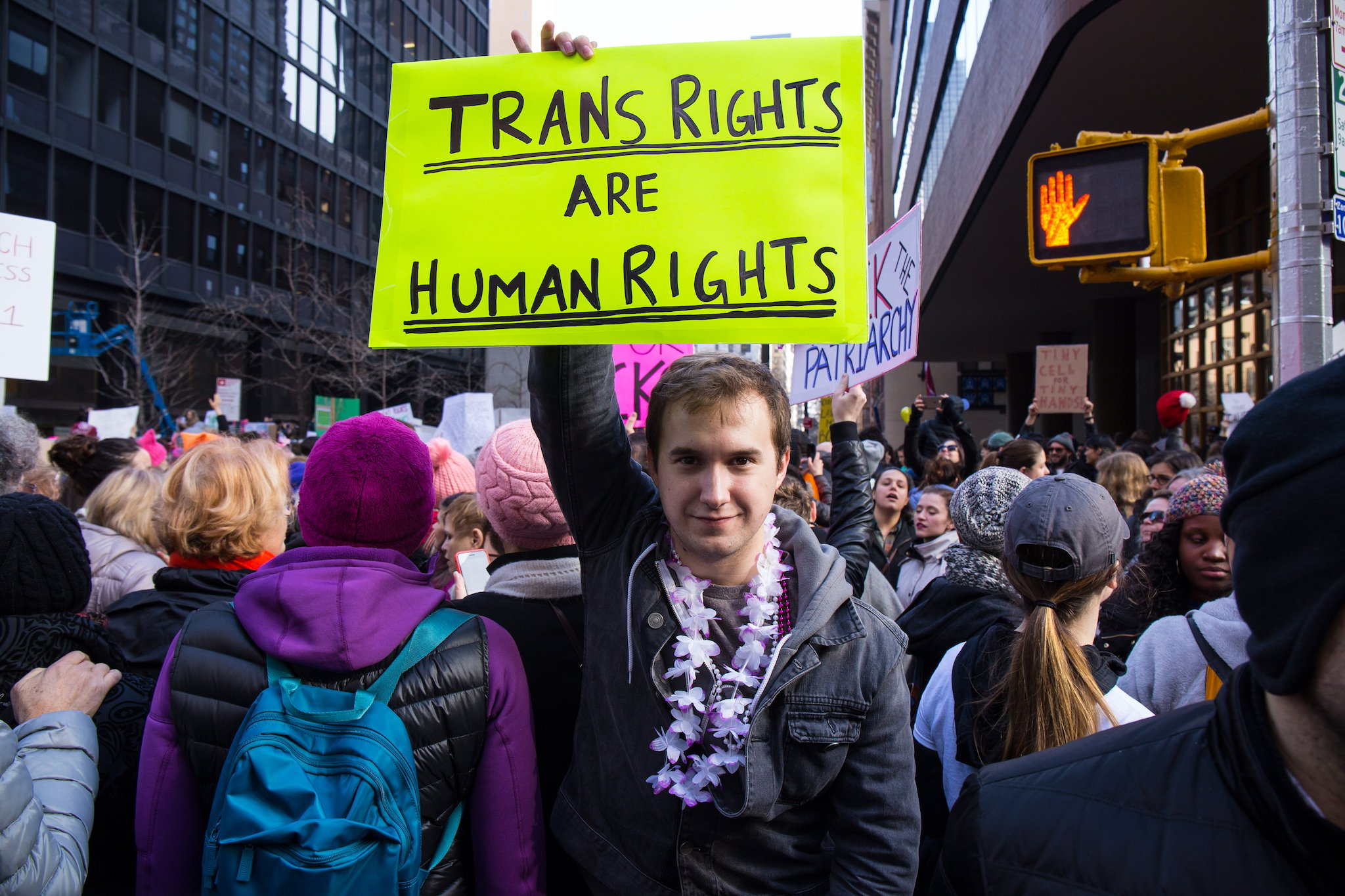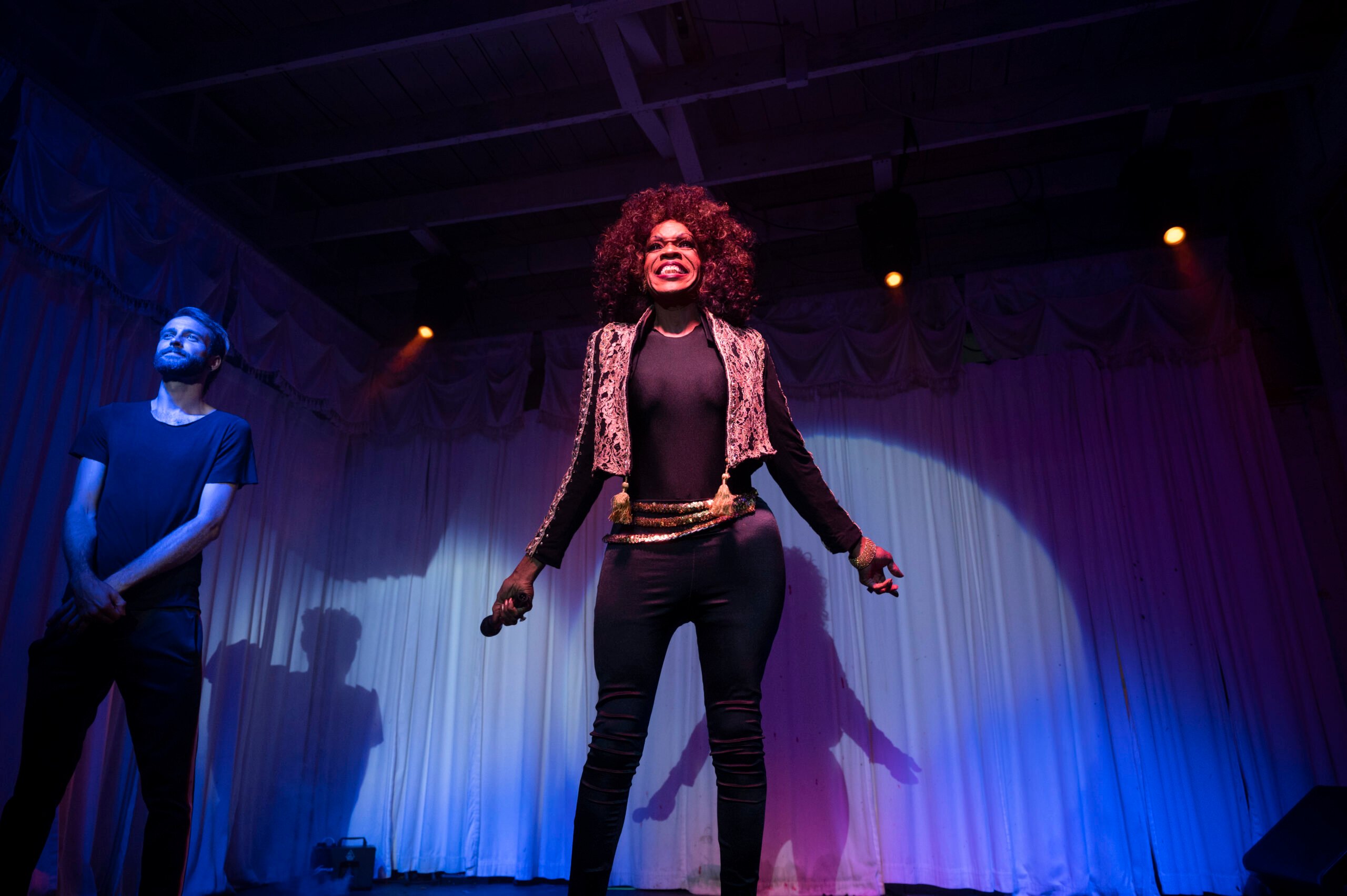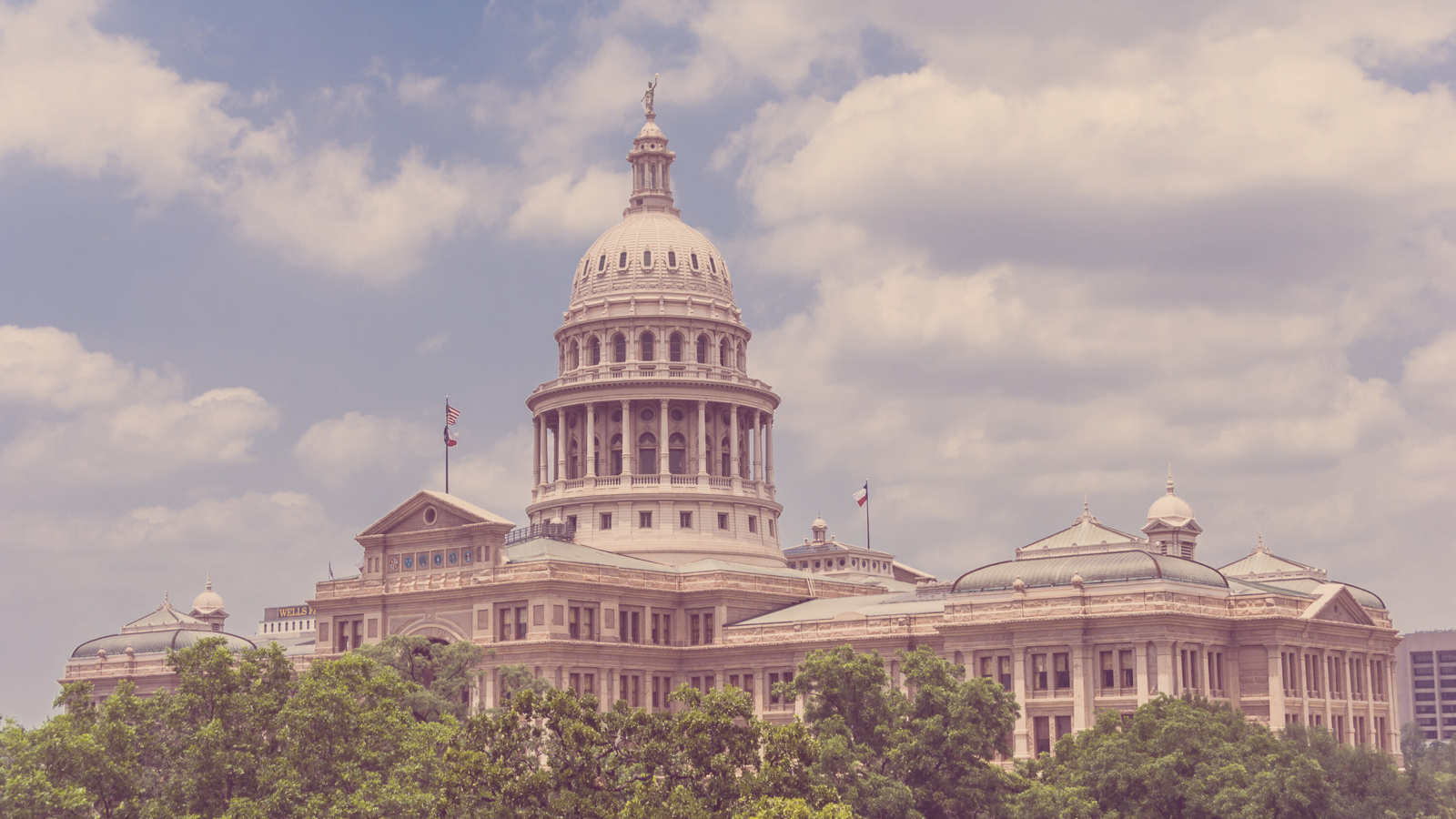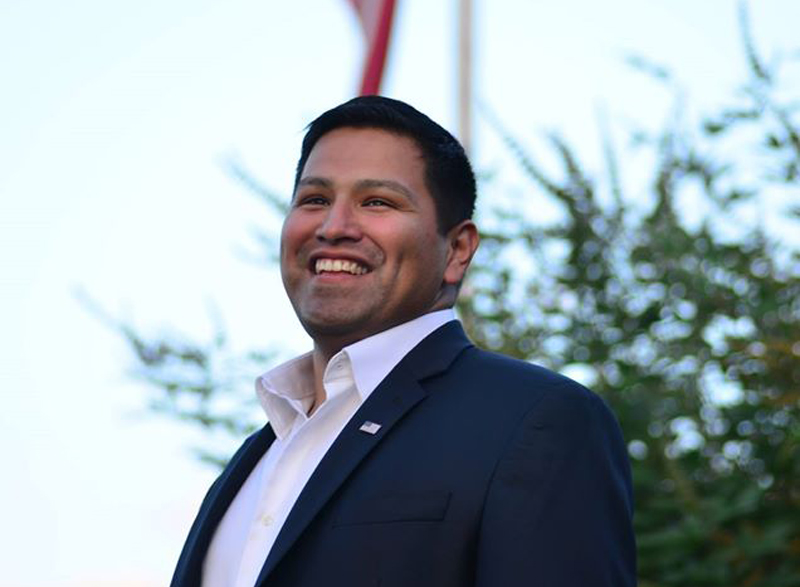
Texas Sees Record Number of Openly LGBT Candidates in 2014
“Little by little we're tearing down those walls,” says Rep. Celia Israel, one of two openly gay elected officials in the Texas Legislature.
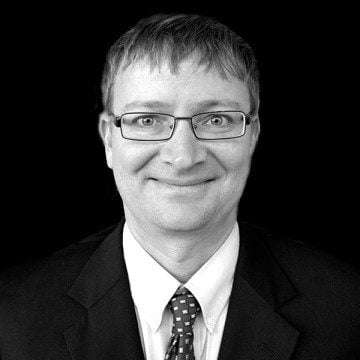
Above: Louie Minor Jr.
As an out candidate for Congress deep in the heart of Texas, one might have expected Louie Minor Jr. to face anti-gay attacks.
But Minor, a 35-year-old Latino Democrat and Army veteran who’s vying to unseat the Republican incumbent in Central Texas’ District 31 on Nov. 4, said that hasn’t been the case.
“In the course of talking about infrastructure, I say, ‘You might have heard, I’m the new lesbian in town, and I look forward to working with you on a variety of issues.’”
In fact, the most difficult challenge Minor has faced regarding his sexual orientation came from his conservative father, who still struggles with the issue eight years after his son told him he was gay.
“He was very upset whenever it first came out in the local paper that he reads every day: ‘If Louie Minor’s elected, he’d be the first openly gay [congressman from Texas.]’” Minor said. “He told me, ‘Can’t you tell them you’re bisexual?’ Like that’s less of a stigma than being gay.
“My father’s always been around people that speak negatively about gay people, the religious groups, the Republicans, and stuff like that,” Minor said. “Now that I’ve taken my dad out of that and brought him to some Democratic events where people do not care—they’re very vocal about it—he saw another side to it, so he’s definitely more accepting. If I have one takeaway from this election—opening my dad’s mind—it’s all worthwhile. If my dad can change, I know other people can change.”
Minor, a former police officer who served in Iraq and worked for the U.S. Department of Homeland Security before deciding to run for office, faces an uphill battle in the district that stretches from North Austin to Killeen and includes Fort Hood.
In 2012, Republican incumbent John Carter won with 61 percent of the vote. Carter’s office did not respond to a request for comment. Carter received a 0 out of 100 on the Human Rights Campaign’s most recent congressional scorecard, which rates members of Congress according to their records on LGBT issues.
Minor said even if he loses, which he said would be because he’s a Democrat, not because he’s gay, his campaign will be a step forward for the region’s nascent LGBT community.
“We have to have representation,” he said. “We’re a growing segment, an emerging segment of society. If you don’t have a place at the table, you’re on the menu. I think of it like this: How did the first African-American feel running for office in the South? Everyone probably thought they didn’t have a hell shot in winning. They had to break those barriers down. You have to give people choices. You have to have someone brave enough, willing to get out there and work. I went to Iraq, so I’m not concerned with any type of scrutiny. They’re not going to be throwing bombs at me, so I’ll be OK.”
Minor is one of two openly gay candidates for Congress in Texas this year, the most ever. And Texas has six out LGBT candidates, including two incumbents, for the Texas Legislature on the Nov. 4 ballot, also a record number.
But like Minor, most are considered long shots—challengers facing Republican incumbents in solidly GOP districts. Only the two openly LGBT incumbent state legislators, both Democrats in safe districts, are expected to win their races.
And although Texas has seen some bright spots when it comes to LGBT political representation, such as Houston Mayor Annise Parker and Dallas County Sheriff Lupe Valdez, statistics suggest the state lags much of the nation considerably.
There currently are 512 openly LGBT elected officials in the U.S., according to the Washington, D.C.-based Gay & Lesbian Victory Fund. Of those, only 12 are in Texas, the nation’s second-most populous state.
“I think we’ve taken the very first steps of having a foundation of having equal LGBT representation,” said state Rep. Mary Gonzalez (D-El Paso). “I just think the road is going to be a lot longer.”
Gonzalez, who became the nation’s first openly pansexual elected official when she was elected in 2012, said overcoming stigma about her LGBT status among other legislators was the biggest challenge in her first session. But her struggles may not have been in vain.
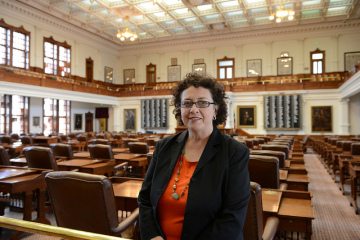
Lesbian state Rep. Celia Israel (D-Austin), who won a special election in January to give Texas two out legislators for the first time in its history, reported far greater acceptance during her first several months in office.
“In the course of talking about infrastructure, I say, ‘You might have heard, I’m the new lesbian in town, and I look forward to working with you on a variety of issues,’” Israel said.
“They’re very warm, they’re very friendly, and they’re very grateful,” Israel said of colleagues’ reactions. “I’m saying, ‘I respect you and I’m hoping that you’ll respect me,’ and ultimately we end up hugging one another and talking about football, and lord knows lesbians love to talk about football.”
Although two LGBT legislators out of 181 may seem paltry, their presence could be critical in the coming session, when gay-rights advocates expect the community to be on the defensive against bills fueled by backlash over the spread of same-sex marriage.
“I think everybody’s preparing for the worst,” Gonzalez said. “I think having two voices allows for there not to be as much tokenization.”
“I think we’ve taken the very first steps of having a foundation of having equal LGBT representation,” said state Rep. Mary Gonzalez (D-El Paso). “I just think the road is going to be a lot longer.”
“If they’re voting against a reparative therapy bill, maybe they’ll think about their friend Celia when they’re hitting that ‘no’ button,” Israel said. “Ultimately I may have to recognize they’re in a different political bubble than I am, but little by little we’re tearing down those walls.”
Israel recalled speaking to a group of visiting high school students on the House floor recently, when the issue of her sexuality came up. She talked about her partner of 18 years, and the chamber broke out in applause. Afterward, several of the students approached her.
“Three of the kids in particular said, ‘I’m gay, and I’m really proud of you for being who you are, and thank you for talking about your family,’” Israel said. “I guess I realized at that moment, I am a role model. That was a really cool moment for me and part of my evolution as I get ready to actually vote on the floor of the House of Representatives. It’s been humbling, but everybody from the speaker on down has been nothing but warm and welcoming.”
Israel agreed that based on the numbers, the level of LGBT political representation in Texas is “disappointing,” but she predicted that the state will soon see the type of dramatic increases experienced in other parts of the nation in recent years. California, for example, now has more than 100 out elected officials.
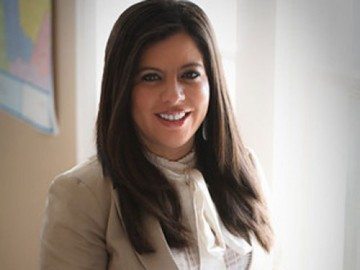
“I think the same tsunami will happen in Texas,” she said. “It could be a few months from now, there will be all kinds of openly gay men and women who want to serve their state in a public way. I think when it pops, it’s going to pop big.”
Daniel Williams, legislative specialist for Equality Texas, said having a record number of federal and state legislative candidates running is a good sign, even if some aren’t seen as viable.
“Running for office is incredibly difficult, and the fact that we have members of our community who are not only willing to step up to the plate, but who are in a position to step up to the plate, is an incredible step forward,” he said.
Denis Dison, a spokesman for the Victory Fund, said his group has endorsed 10 candidates in Texas this year, including Gonzalez, Israel and candidates for city and county offices in Austin, Dallas and Houston.
“If we want a voice in government, we can’t be satisfied with sitting outside our city councils and state capitol buildings pleading with straight lawmakers to do the right thing,” Dison said. “We have to fight to be on the inside too, where our voices will be even more powerful. So if we want to be equal, we have to be willing to run for office and win seats at the decision-making tables where decisions about our communities are so often made.”
Texas has six out LGBT candidates, including two incumbents, for the Texas Legislature on the Nov. 4 ballot, also a record number.
It’s a message Minor has already taken to heart. Minor said if he loses, he hopes it will be only by single digits. And he plans to immediately begin running again for the same seat in 2016.
“I committed myself that I’m running three times, and then I’ll re-evaluate what I’m going to do after that,” Minor said. “I’ve built a network here. It’s only going to go up. It’s not going to go down.”
To support journalism like this, donate to the Texas Observer.